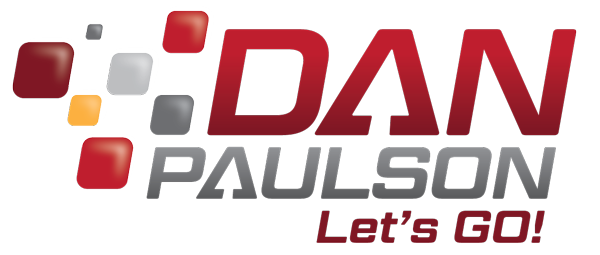 Recently a grocery chain in our area announced they were closing their doors after 75 years of business. The specialty foods store was recognized for their selection of local cheeses, fruit, and produce. They sited changing economic factors and increased competition as the reason for their demise. News was met with mixed responses when it broke on social media. While a number of people were saddened to hear the news because they loved shopping there, others complained about the high prices.
Recently a grocery chain in our area announced they were closing their doors after 75 years of business. The specialty foods store was recognized for their selection of local cheeses, fruit, and produce. They sited changing economic factors and increased competition as the reason for their demise. News was met with mixed responses when it broke on social media. While a number of people were saddened to hear the news because they loved shopping there, others complained about the high prices.
When I shared the news on my feed, I received similar feedback. Several comments said price was the reason. It’s a fact the store was not the cheapest. Prices were more comparable to an artisan store versus your average grocery chain. My reply to my friends was price is not the factor. I don’t believe it ever was. While I cannot speak for the owner and his team, I would suspect it was a series of events that played out to the final decision to close.
Speculation is never valuable, but observations are. I shopped this chain occasionally and was satisfied with thier products, but they were too expensive for my tastes to be a regular. Wait. What?!? I’m sure you’re thinking, “Dan, didn’t you just say price was NOT the issue? Now you are telling us they are too expensive?!?” Let me explain:
The benefit of a free market system is you can charge whatever you want for your product or service. The customer has the right to determine if the price offered matches the perceived value. After all, any watch will let you know what time it is whether it’s a $30 Timex or a 30 thousand dollar Rolex. To many, a Rolex is perceived as too expensive, but to a select group the Rolex is a highly desirable timepiece. Last I checked Rolex was doing just fine even though I can go to the department store and also pick up a Timex. The key word here is perceived. We measure our perceptions against a number of different variables. Our values, not the business, determines if a price is too high.
My reasons for the store being too expensive was not because of the prices they charged, but because they didn’t match my perceived value. Truthfully this chain should, in theory, be doing quite well. Madison, Wisconsin, and the surrounding area has developed a really strong foodie culture. We are an agricultural state so the farm to table push is strong here. Whole Foods has one location in town and it appears to be booming even though the prices are on par or higher than the closing chain. It appeared to me what changed was the service. If the service is comparable to your larger grocery chains then you are too expensive. My observation is service was average. It’s not that the people weren’t nice or that I wasn’t taken care of. It’s just lacked that ‘wow’.
Competing on price is actually much more difficult than competing on service. Yet time and time again companies look for ways to cut costs and lower prices. Somebody else will always be cheaper and a race to the bottom ensues. But what does it take to be awesome? Less than you might expect.
We have been conditioned to believe that average is good. I am not sure about you, but when I was in school, my parents weren’t happy with a C grade. Most businesses deliver what is promised an nothing more. While that’s not bad, it also means that those who are willing to just slightly raise the bar are perceived as so much better. And honestly it’s easier for a small business with fewer people to excel at service. People WANT great experiences and all this involves is doing just a little bit more than your competitor. Just be a little nicer. Be proactive to customer needs versus reactive. Say hello. SMILE! Have Fun! The businesses that do the little things right can worry less about price and focus on awesome. Awesome raises perceived value and attracts those looking for more. Do the little things and you will reap big results.
